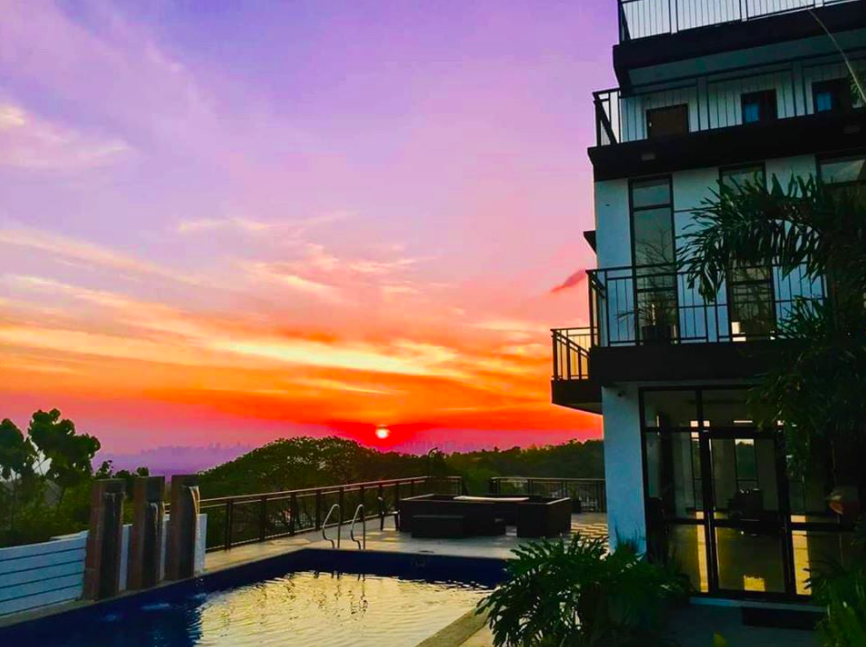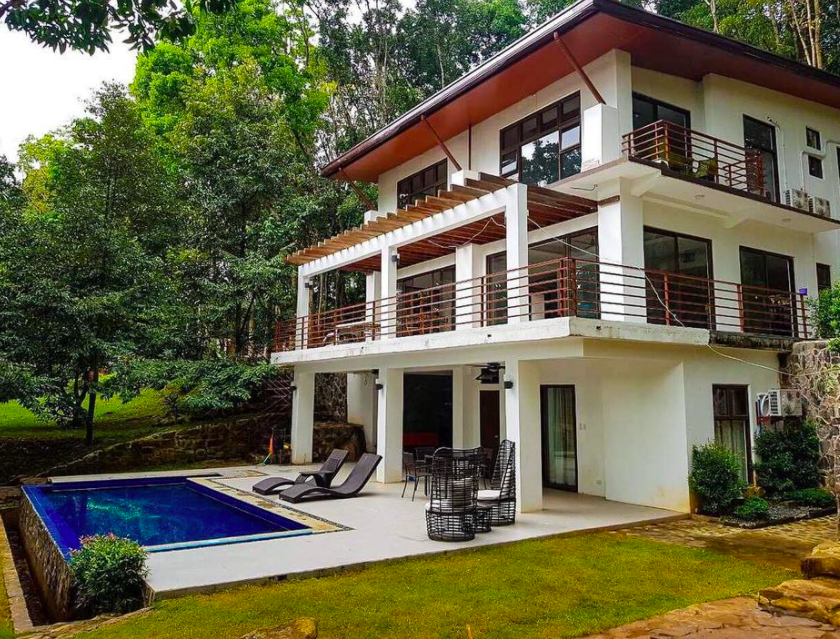While condominium airbnbs are struggling with the pandemic, hosts from the suburbs who offer private cabins are gaining the advantage. Are you interested in putting your property on digital home-sharing platforms like Airbnb? If yes, read on.
Airbnb “is an online marketplace that connects people who want to rent out their homes with people who are looking for accommodations in that locale” (Folger, 2020). The platform began in 2008 “when two designers who had space to share hosted three travelers looking for a place to stay. Now, millions of hosts and travelers choose to create a free Airbnb account so they can list their space and book unique accommodations anywhere in the world. And Airbnb experience hosts share their passions and interests with both travelers and locals” (Airbnb, Inc., 2020).
Becoming an airbnb host can be a source of extra income. While it may seem to be an easy catch, the initial parts of it can be daunting and stressful. Below are some questions you should ask yourself first before jumping into this business venture.
Am I up for the challenge?
When you decide to have a go on this, you already position yourself as an entrepreneur. And for you to achieve success, you have to put in the effort, time, and money to make it work.
Plus, you’d also need to dedicate yourself to managing your listing, booking, preparation and maintenance of your place to give your clients a comfortable and worthwhile stay. Are you up for it?
What figures can I expect?
Like all other businesses, money is the biggest consideration. You need to assess and ensure that after all your hard work, your airbnb hosting will pay off financially.
Luckily, Airbnb provides an Airbnb Calculator to estimate your potential income. By entering your property’s location, type (entire place/private room/shared room), and the number of guests it can accommodate, you can have a ballpoint figure of how much you can possibly earn.
It is important to note, however, that several factors such as “your pricing, the demand for Airbnb in your area, the season, and the actual occupancy rate” (Zoleta, 2019) may affect the actual figures you may generate.

You may also want to consider checking other airbnbs in your area to have some point of comparison. This gives you an idea of the benchmarks, as well as the usual rates of accommodations within your jurisdiction.
Can I meet the cost and delivery expectations?
Aside from considering your possible earnings, it is also important to look into how much it would cost you to be an airbnb host. Some expenses include:
- Cleaning, repair, and other maintenance services
- Supplies (towels, linens, toiletries, etc.)
- Appliances (TV, hairdryer, refrigerator, electric kettle, etc.)
- Airbnb host service fee (typically 3% of the price per booking)
- Bank transfer fee or any applicable processing fee for the payout
- Taxes imposed under the TRAIN law (4):
- 12% value-added tax (VAT) – If monthly rental fee per unit is over PHP 15,000 and annual gross receipts on rent exceed PHP 3 million
- 3% percentage tax on gross receipts – If monthly rental fee per unit is over PHP 15,000 and annual gross receipts are equal to or less than PHP 3 million
- Note: Airbnb units listed for less than PHP 15,000 per month are exempt from VAT and percentage tax, regardless of the aggregate annual gross receipts (Zoleta, 2019).
Additionally, the airbnb platform also provides certain standards hosts should follow to ensure top-notch quality service delivered to clients. They are as follows:
- Responding to inquiries and reservations within 24 hours
- Accepting bookings whenever the host is available
- Avoiding booking cancellations
- Keeping a high overall rating from guests (Zoleta, 2019)
Ready to up your game and earn extra from your property? Host on Airbnb and start earning!
References
Airbnb, Inc. (2020). What is Airbnb and how does it work? Retrieved from https://www.airbnb.com/help/article/2503/what-is-airbnb-and-how-does-it-work
Folger, J. (2020). Airbnb: Advantages and Disadvantages. Retrieved from https://www.investopedia.com/articles/personal-finance/032814/pros-and-cons-using-airbnb.asp
Zoleta, V. (2019). 5 Steps to Becoming an Airbnb Host in the Philippines. Retrieved from https://www.moneymax.ph/personal-finance/articles/airbnb-host-guide

